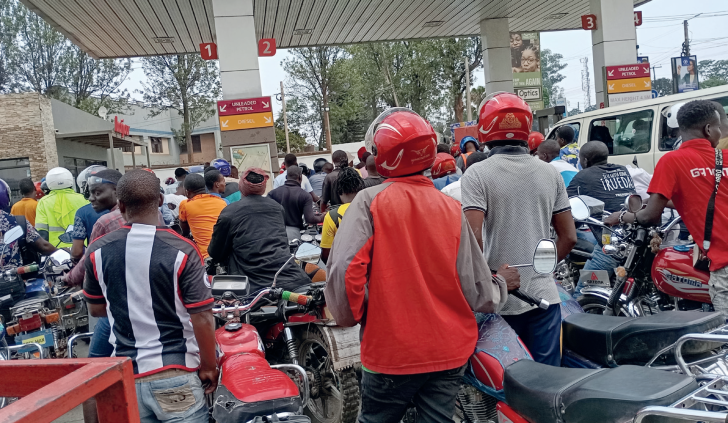
Fueling Growth: Ecama’s Stance on Restored Cost Reflective Pricing Revitalizes Malawi’s Economy
Key Business Points
- The Malawi Energy Regulatory Authority (Mera) has restored cost-reflective fuel pricing through the automatic pricing mechanism (APM), which may lead to inflationary pressure and strain household budgets.
- The move is expected to reduce fiscal burdens and ease pressure on foreign exchange reserves by aligning domestic fuel prices with global market trends.
- Businesses, particularly small and medium enterprises, may face rising input costs that could reduce competitiveness and slow job creation, highlighting the need for fiscal discipline and complementary policies to protect vulnerable groups.
The Economics Association of Malawi (Ecama) has welcomed the decision by Mera to restore cost-reflective fuel pricing through the APM. This move has resulted in a significant increase in fuel prices, with petrol and diesel rising by an average of 32 percent effective October 1. As Ecama president Bertha Bangara-Chikadza noted, aligning domestic pump prices with global market trends can reduce fiscal pressure and ease demand for scarce foreign exchange in the long term. However, she also cautioned that the adoption of APM could trigger inflationary pressure and strain household budgets, particularly for low-income families.
The fuel price adjustment reflects a "seasonal bounce" in the economy, according to Catholic University of Malawi economics lecturer Greenson Nyirenda. He emphasized the importance of fiscal discipline and market confidence in anchoring reforms. Nyirenda also noted that the country’s export base has not changed much, and second-quarter imports related to agriculture activities tend to rise, which may still pose challenges. The forex market is driven by speculation, and the new government’s measures will play a crucial role in determining the outcome.
An economist who preferred to remain anonymous highlighted the potential impact of unresolved liabilities in the fuel supply chain, which could "crowd out essential spending and increase borrowing needs". Households will bear the brunt of higher transport and food costs, with low-income families being hit the hardest. Bizinesi za mtengo (small businesses) are also expected to face rising input costs that could reduce competitiveness and slow job creation. To mitigate the social fallout, the government may consider implementing short-term safety nets, such as targeted food-for-work programmes and transport subsidies for public service operators.
The International Monetary Fund has consistently argued that delayed fuel price adjustments have built up large fiscal liabilities, indicating that the Price Stabilisation Fund is depleted. As of August this year, importers were owed in excess of K950 billion. The review of fuel prices by Mera followed a surge in in-bond landed costs driven by a weaker kwacha and higher transport and insurance charges. As the economy continues to evolve, it is essential for businesses and policymakers to prioritize fiscal discipline, market confidence, and complementary policies to protect vulnerable groups and promote sustainable growth. Kugona kwa mtima (being patient) and kuwona mbali (having a long-term vision) will be crucial in navigating the challenges and opportunities ahead.
What are your thoughts on this business development? Share your insights and remember to follow us on Facebook and Twitter for the latest Malawi business news and opportunities. Visit us daily for comprehensive coverage of Malawi’s business landscape.
- Shaping Malawi’s Economic Future: New Opportunities Emerge as IMF Leadership Transitions - January 9, 2026
- Revitalizing Malawi’s Economy: Navigating Capital Gains Tax Implications for Business Growth - January 8, 2026
- Revitalizing Malawi’s Industrial Sector: Why a Production Driven Economy is Key to Sustainable Growth - January 8, 2026
